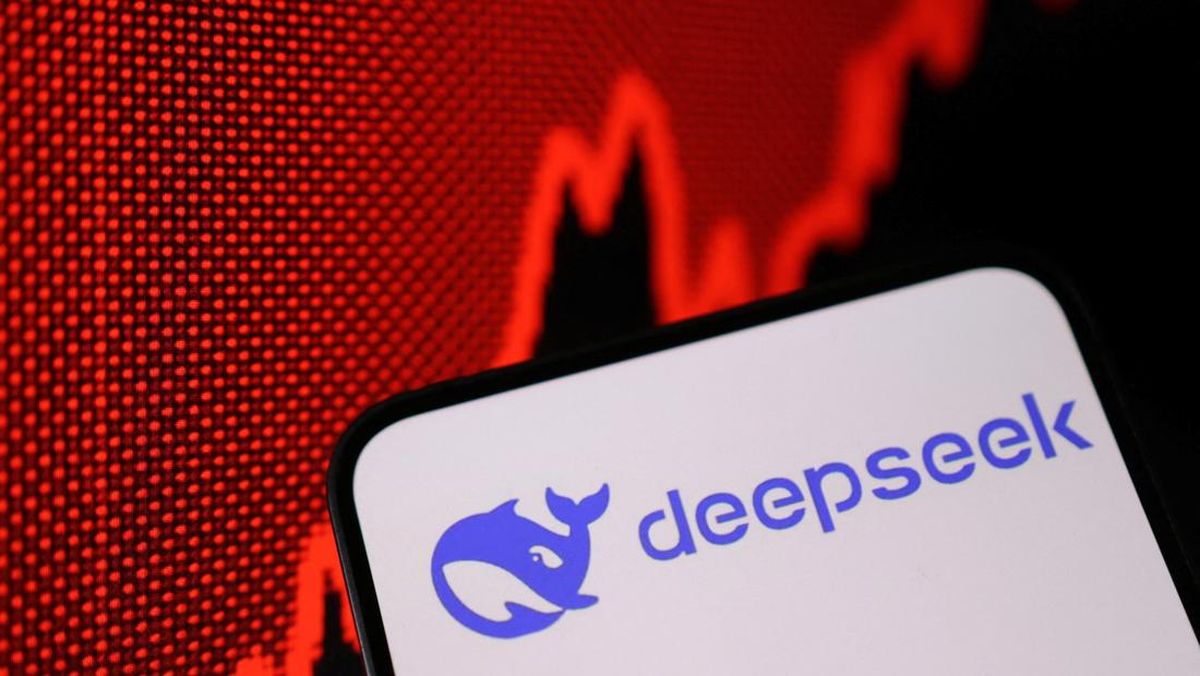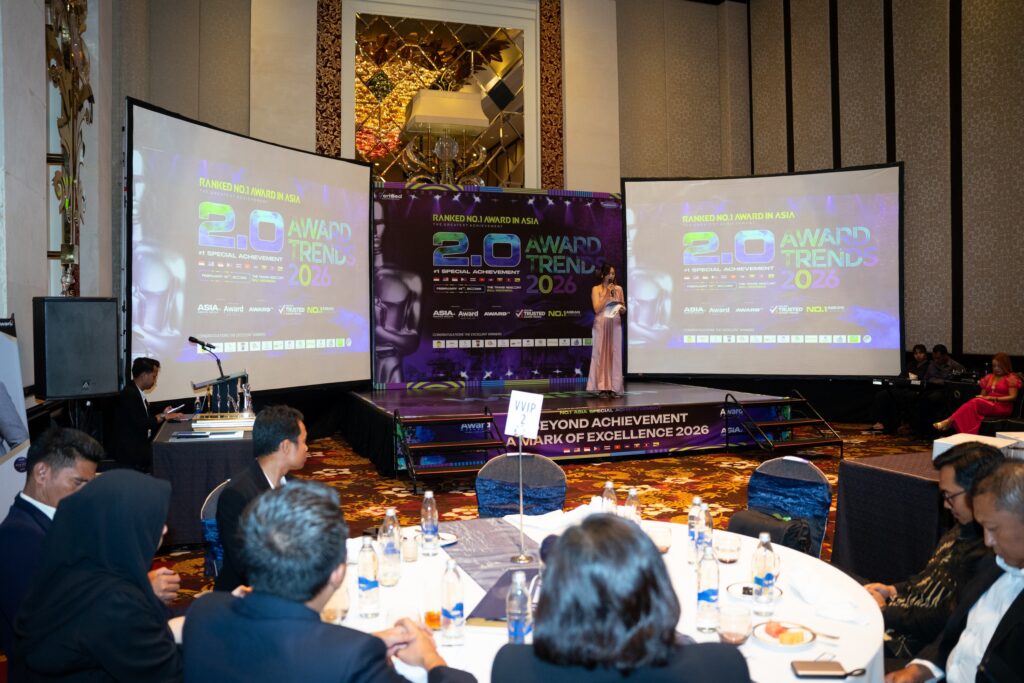New York — A bipartisan effort is underway in the United States Congress to prohibit government employees from using DeepSeek, an artificial intelligence chatbot developed by a Chinese startup, on official devices. The proposed legislation, introduced by Representatives Darin LaHood, a Republican from Illinois, and Josh Gottheimer, a Democrat from New Jersey, underscores deepening anxieties about national security risks posed by foreign AI technologies, particularly those originating from China.
The bill, set to be formally introduced on Friday, seeks to enforce a comprehensive ban on DeepSeek across all government-issued devices. Lawmakers argue that the chatbot’s association with its Chinese parent company, High Flyer, raises the possibility of security vulnerabilities, including data breaches and unauthorized access by Chinese authorities. Should the legislation pass, federal agencies would be given a 60-day timeframe to establish guidelines for removing the AI application, along with any other software developed by High Flyer, from all government-operated systems.
This initiative follows a series of similar actions by U.S. allies, including Australia, Italy, and Taiwan, all of which have recently moved to curb the presence of Chinese-developed AI and tech products in their governmental infrastructures. The concerns driving these restrictions stem from China’s stringent cybersecurity laws, which obligate domestic companies to cooperate with state intelligence agencies, potentially putting sensitive foreign user data at risk.
The introduction of the bill comes at a pivotal moment in the ongoing technological rivalry between the United States and China. DeepSeek has drawn significant global attention after unveiling its AI model, R1, which has been described as matching the capabilities of leading American AI models while being more cost-effective and energy-efficient. The breakthrough has amplified fears that China is rapidly closing the gap in artificial intelligence development, despite U.S. efforts to impose stringent export controls on advanced AI chips to limit Beijing’s access to cutting-edge technology.
Security analysts have raised red flags about the potential implications of DeepSeek’s rise, particularly in government and critical infrastructure sectors. AI systems, including chatbots, are often trained on user inputs, meaning sensitive or classified information inadvertently entered into the system could be at risk of being accessed by unauthorized entities. Experts warn that, under China’s cybersecurity laws, companies like High Flyer could be compelled to provide authorities with user data upon request, posing a significant espionage threat.
“Users need to be aware that any data shared with the platform could be subject to government access under China’s cybersecurity laws, which mandate that companies provide access to data upon request by authorities,” said Adrianus Warmenhoven, a cybersecurity expert at NordVPN, in an emailed statement.
DeepSeek has not issued a public response to the proposed ban or the growing scrutiny surrounding its operations. However, the move to outlaw its use on government devices mirrors past legislative efforts targeting another Chinese tech giant, ByteDance, the parent company of TikTok. Lawmakers and national security officials have long warned that TikTok’s Chinese ownership could enable the Chinese Communist Party (CCP) to harvest data on American users, a concern that ultimately led to a federal prohibition of the app on government devices in 2022.
ByteDance is now under a strict deadline of fewer than 60 days to divest from TikTok or face an outright ban in the United States. This mandate, passed with overwhelming bipartisan support last year and later extended by former President Donald Trump in January, reflects Washington’s increasing urgency in countering Chinese tech influence.
Representative Gottheimer emphasized the broader implications of allowing foreign-controlled AI technologies into critical government networks. “The Chinese Communist Party has made it abundantly clear that it will exploit any tool at its disposal to undermine our national security, spread harmful disinformation, and collect data on Americans,” he stated. “We simply can’t risk the CCP infiltrating the devices of our government officials and jeopardizing our national security. We’ve seen China’s playbook before with TikTok, and we cannot allow it to happen again.”
As AI-driven tools become increasingly integrated into government operations, concerns about data sovereignty and cybersecurity risks are likely to shape future policy debates. The proposed ban on DeepSeek underscores Washington’s determination to safeguard national security interests in the face of intensifying technological competition with China.







